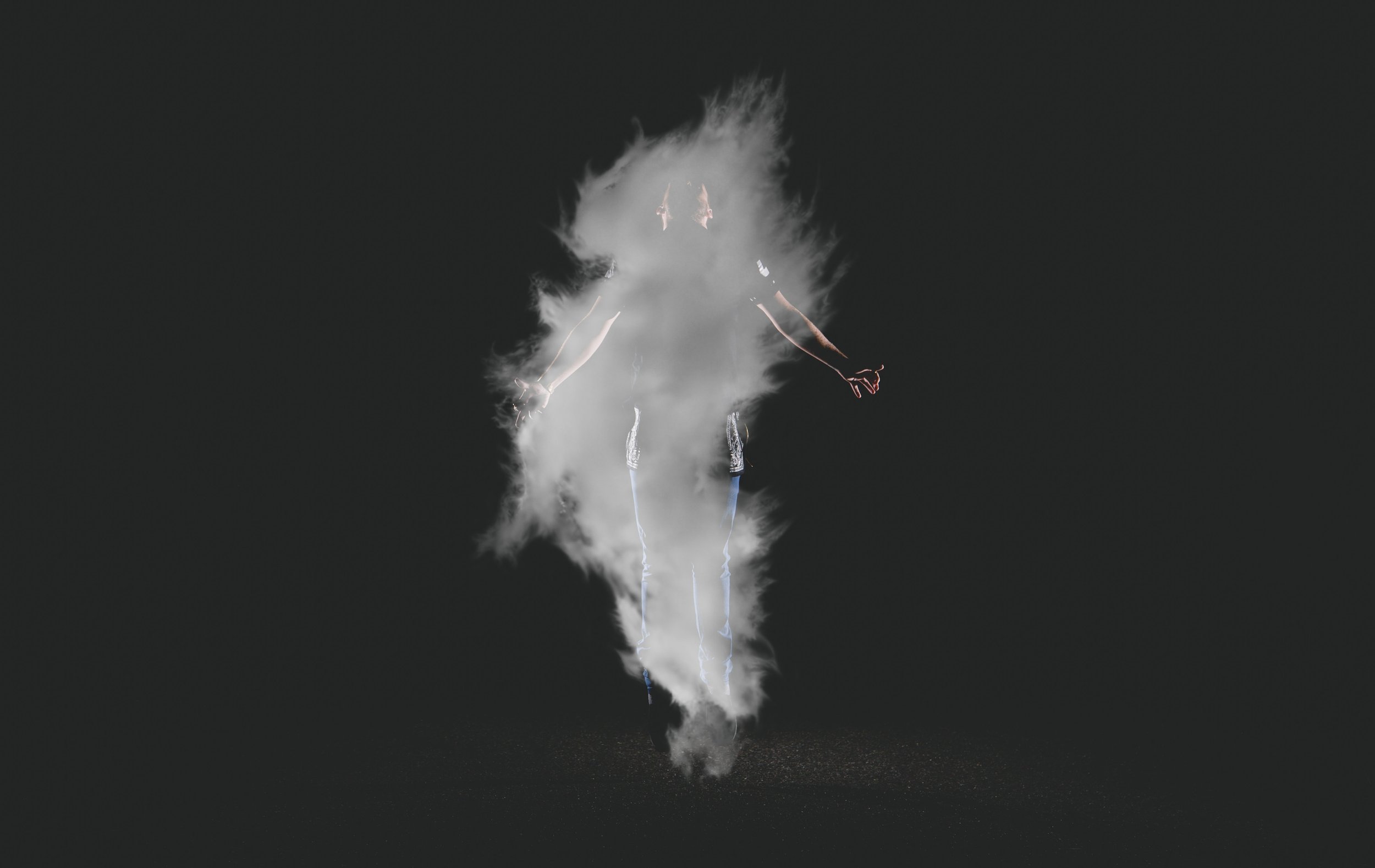Docetism
“So like, hear me out. What if, like, Jesus, right? He was God, okay? Like, seriously, he’s God and all but how can he be a dude, too? God is huge and people are small, so like, He can’t be human and God at the same time. What if, no listen, like, his “body” isn’t really “his” body, it’s just like a video game avatar or a skin he wears? It’s like, an illusion, man! Blows your mind, right? Like, He’s God! He can do anything! He can make us see whatever He wants! He can appear like a human to us, so why wouldn’t he?”
Why indeed.
The idea that Jesus only appears to possess an earthly body is the heresy known as Docetism (from the Greek, δοκεῖν, dokeĩn "to seem"). It’s easy to see why such an idea would be attractive. We no longer have to wrestle with how Jesus can be both fully God and fully Man, omnipotent and yet possess a limited, fallible body, timeless and yet entering history, eternally begotten yet being born. Instead, if Jesus wasn’t fully man but in the guise of a man, we avoid all the mystery of the Incarnation. Unfortunately, we lose all of the richness as well. But as we have seen before, heresy abhors mystery. A God who only appears as human doesn’t raise the question of Jesus’s nature. The question of whether or not He is both human and divine not only isn’t raised but the nature of Jesus as one person of the Trinity doesn’t come up. God just appears as the man we call Jesus. The issues surrounding the Trinity are avoided.
But if Jesus didn’t truly suffer and die on the cross but only appeared to, we are left with a cross that is merely symbolic. God Himself did not take on our human frailty, didn’t unite with us in suffering, didn’t endure the temptations of the devil, but instead just went through a performance. Jesus didn’t feel pain, hunger but went through the motions. Sure, they would be for our benefit, but they would still leave that impassable gulf between Him and us, the one that because of His love for us He bridges through the Incarnation.
What became of Docetism? Well, although our current ecumenical age doesn’t like to mention it, Islam is the place where Docetism continues to thrive:
That they said (in boast), "We killed Christ Jesus the son of Mary, the Messenger of Allah"; but they killed him not, nor crucified him, but so it was made to appear to them, and those who differ therein are full of doubts, with no (certain) knowledge, but only conjecture to follow, for of a surety they killed him not.
Nay, Allah raised him up unto Himself; and Allah is Exalted in Power, Wise.
— Quran 4:157–158
According to St Ignatius of Antioch, a disciple of St John, if Jesus did not suffer on the Cross, it makes our own suffering pointless.
But if these things were done by our Lord only in appearance, then am I also only in appearance bound. And why have I also surrendered myself to death, to fire, to the sword, to the wild beasts? But, in fact, he who is near to the sword is near to God; he that is among the wild beasts is in company with God; provided only he be so in the name of Jesus Christ. I undergo all these things that I may suffer together with Him, He who became a perfect man inwardly strengthening me.
- The Epistle of Ignatius to the Smyrnaeans, Ch. 4
For Ignatius understood that it is in taking on our humanity that Jesus offers us the ability to overcome our own fallible human natures. It is in Christ that our humanity is lifted up with and in Christ, very God of Very God, becoming super-naturalized, glorified through the Incarnation. Ignatius offers a dire warning to Docetists, one in which the results of their denial of Jesus’s earthly body will have consequences for their own bodies:
Now, He suffered all these things for our sakes that we might be saved. And He suffered truly, even as also He truly raised up Himself, not, as certain unbelievers maintain, that He only seemed to suffer, as they themselves only seem to be Christians. And as they believe, so shall it happen unto them, when they shall be divested of their bodies, and be mere evil spirits.
-ibid, Ch. 2
Docetism is the sop that one gives to those who recoil at the scandal of the Cross, the refuge of those who want a mighty God but not one who sweats and bleeds. It is comforting to believe in a God who smites our enemies, who will benefit us in the here and now. However, if God allows His enemies to crucify and kill Him, what does that mean for our own enemies? What does that mean for the rewards and pleasures that we seek in this life?
The implications of the Incarnation are manifold and glorious but the realization that we may have to endure suffering no matter how good we are, as well as the even more difficult realization is that it is our own sin that placed Him on the cross in the first place, are ever present and never illusory.

